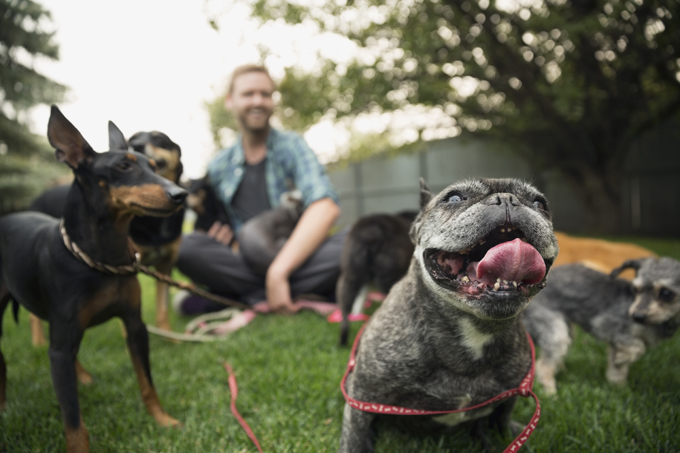We all want our pups to live a long, happy, healthy life and there are things every dog parent can do to help make that happen. Here are 10 tips to help any dog feel happier and healthier.
1. Spay Or Neuter

Spaying stops a female…

We all want our pups to live a long, happy, healthy life and there are things every dog parent can do to help make that happen. Here are 10 tips to help any dog feel happier and healthier.

Spaying stops a female…



